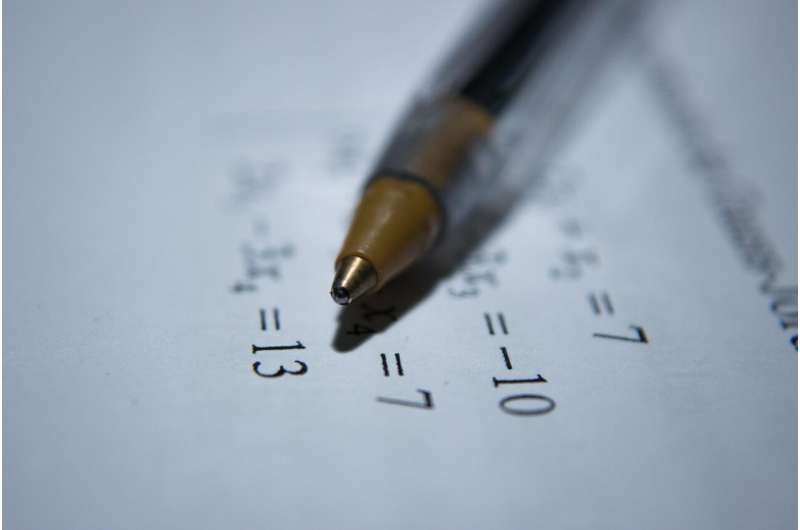Impacts of COVID-19 school closures on Latino sibling relationships

School closures due to the COVID-19 pandemic meant that many children spent much of their time at home in the spring of 2020. For most children, this meant more time spent with sisters and brothers, creating the potential to change family dynamics.
For family scholars like Xiaoran Sun, a former doctoral student in human development and family studies at Penn State and current postdoctoral scholar at Stanford University, the pandemic and subsequent school closures presented an unprecedented opportunity to study children who were stuck at home.
"I'm especially interested in sibling relationships," said Sun. "School closings combined with stay-at-home orders during the early months of the pandemic provided for a natural experiment in family life, making siblings in many families the children's primary everyday companions."
As a graduate student, Sun started working on a study led by Kimberly Updegraff, Cowden Distinguished Professor at Arizona State University, with collaborators at Penn State and Harvard universities. The research team was in the process of collecting data from Latinx children on family experiences when schools were suddenly closed due to the pandemic. This allowed the research team to examine the effects of a significant, externally imposed shock on children's sibling relationships.
In addition to exploring the impact of pandemic-driven school closures on sibling dynamics among Latinx school-aged children in the U.S., the study examined family and cultural factors that were hypothesized to strengthen or weaken the effects of school closures. The analyses focused on 215 Latinx children from 116 families living in Arizona, a pandemic hot spot, and included home visit and survey data pre-pandemic in the fall of 2019 and daily diary data collected from February through May 2020.
"Focusing on Latinx families during the pandemic was important because these families have been disproportionately affected by COVID-19, including higher mortality rates, and more generally by higher rates of poverty, more limited access to health care, and greater likelihood of preexisting health conditions," said Updegraff, who was the project's other lead researcher.
Additionally, in Arizona, Latinx children comprise almost half of the K-12 school-age population, highlighting the importance of examining how school closures affected these children and their families.
The results of the study revealed that, although the main effects of school closure on sibling dynamics were nonsignificant, school closures were linked to more sibling positivity among children more enculturated in Latinx culture as well as among children from families higher in socioeconomic status. Sibling positivity also increased over time following school closure in families with more siblings. The work was published recently in Developmental Psychology.
"The resource dilution theory on sibship size led us to expect that children from families with more siblings would be more at risk for negative effects of school closure," Sun said. "In contrast to this prediction, children with more siblings showed increases in positivity toward the other sibling in the study the longer they were out of school, whereas children with fewer siblings tended to exhibit fewer positive behaviors toward the sibling participating with them."
Sun noted that children with fewer siblings may experience more social isolation. The corresponding more negative psychological well-being may lead to these children engaging less positively with their sibling.
"Stressors resulting from the pandemic may have also been 'diluted' in larger families, because there are more hands to carry out new family responsibilities such as sibling care and virtual schooling," Updegraff explained.
The findings were consistent with research on children's resilience, and added to this research by identifying factors that can enhance children's capacity to flourish in the face of challenge.
"Our findings showed that norms and values that emphasize the importance of family ties—that is, Latinx enculturation—may serve to protect against externally imposed challenges," Sun said. "The findings also suggest that healthier sibling dynamics can lay a foundation for siblings to serve as resources in the face of sudden and dramatic changes in their daily lives."
For children with fewer siblings, Sun says family-focused interventions should be mounted to provide them with external supports and opportunities for safe, social engagement.
More information: Xiaoran Sun et al, Implications of COVID-19 school closures for sibling dynamics among U.S. Latinx children: A prospective, daily diary study., Developmental Psychology (2021). DOI: 10.1037/dev0001196
Journal information: Developmental Psychology
Provided by Pennsylvania State University



















